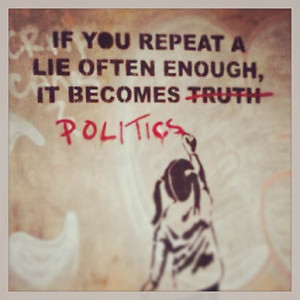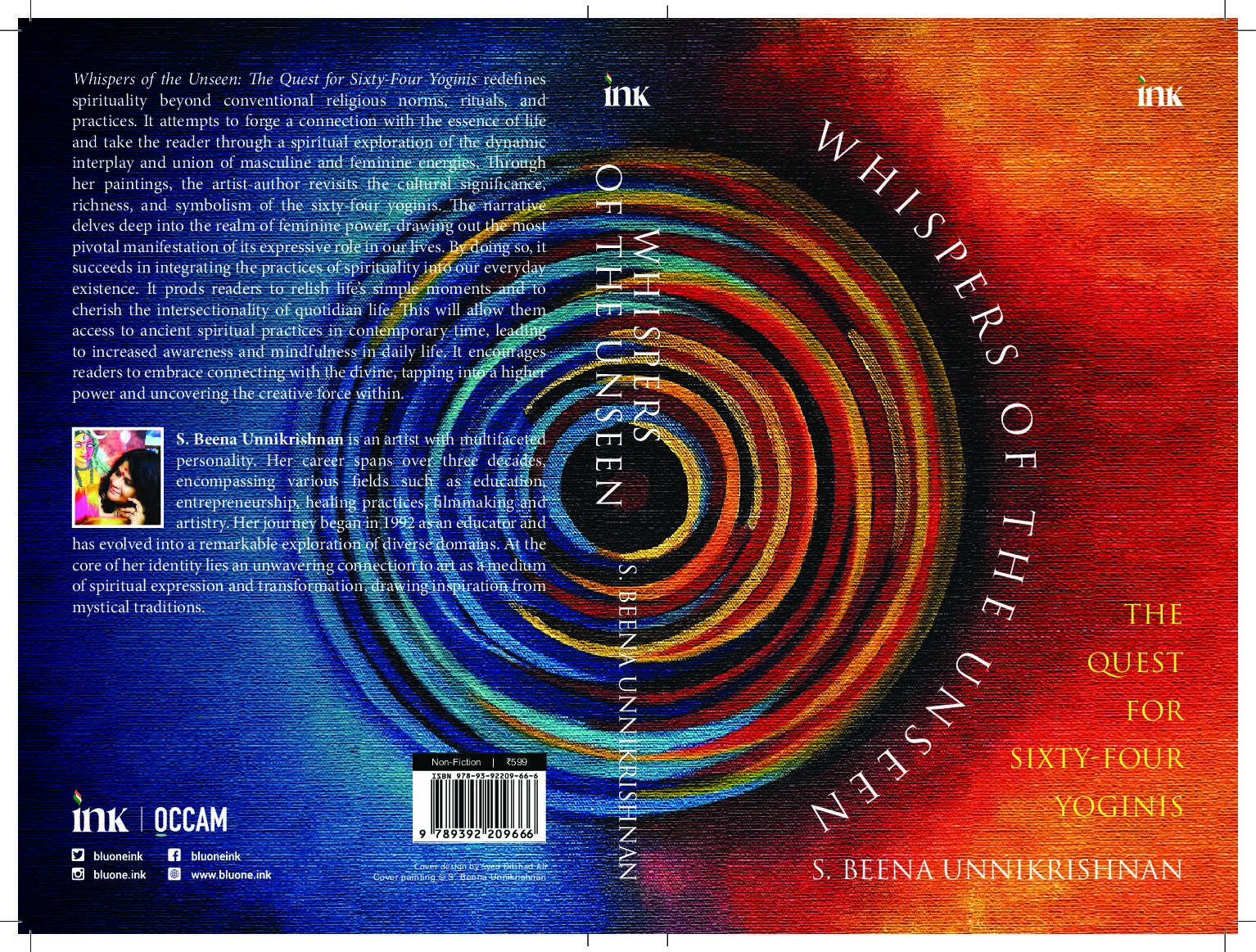Indian reality became post-truth before 2016
Ravi Shanker Kapoor | December 31, 2016 5:55 pm

Hindutva votaries claim that everything invented in the last 5,000 years was actually invented by our ancestors in some distant past, as also everything that will be invented in the next 5,000 years. The votaries are often lambasted and lampooned for their views, but at least in one case they can genuinely say that Indians knew and practiced something that the West has discovered only recently—post-truth politics.
 ‘Post-truth’ was the Oxford Dictionaries Word of the Year 2016. The dictionary defines it as “relating to or denoting circumstances in which objective facts are less influential in shaping public opinion than appeals to emotion and personal belief.”
‘Post-truth’ was the Oxford Dictionaries Word of the Year 2016. The dictionary defines it as “relating to or denoting circumstances in which objective facts are less influential in shaping public opinion than appeals to emotion and personal belief.”
Their website says: “The concept of post-truth has been in existence for the past decade, but Oxford Dictionaries has seen a spike in frequency this year in the context of the EU referendum in the United Kingdom and the presidential election in the United States. It has also become associated with a particular noun, in the phrase post-truth politics.”
Post-truth has gone from being a peripheral term to being a mainstay in political commentary, now often being used by major publications without the need for clarification or definition in their headlines, says the website.
“The compound word post-truth exemplifies an expansion in the meaning of the prefix post- that has become increasingly prominent in recent years. Rather than simply referring to the time after a specified situation or event—as in post-war or post-match—the prefix in post-truth has a meaning more like ‘belonging to a time in which the specified concept has become unimportant or irrelevant.’ This nuance seems to have originated in the mid-20th century, in formations such as post-national (1945) and post-racial (1971).”
In the Indian milieu, however, “appeals to emotion and personal belief” became the staple of public discourse much before—during the era when Mahatma Gandhi was the focal point of politics—they dominated debate in the West. For him, truth was not something to be reached out to, something that has been the ultimate quest of thinkers and philosophers, sort of holy grail for mankind; for him it was something with the same ontological status as, say, food, machines, and chemicals. Hence the ludicrous name of his autobiography, The Story of My Experiments with Truth. We perform experiments to find truth. So, how on earth did Gandhi experiment with truth? And to what avail? To find post-truth?
The life and mission of Gandhi was a jihad against truth, reason, and the West—not necessarily in that order, though (How Gandhi ruined India, October 2, 2016 (https://thehinduchronicle.com/2016/10/gandhi-ruined-india/).
Gandhi was pre-modern; and he leapfrogged to the postmodern thought, bypassing the stage of modernity. A little discussion on postmodernism is in order in this context. Encyclopedia Britannica describes postmodernism as “a late 20th-century movement characterized by broad skepticism, subjectivism, or relativism; a general suspicion of reason; and an acute sensitivity to the role of ideology in asserting and maintaining political and economic power.”
Postmodernists do not believe in the postulates, principles, ideas, and values of the Western Enlightenment. The Enlightenment emerged from the scientific revolution of the 16th and 17th centuries. An important Enlightenment principle was a belief in objective reality. “There is an objective natural reality, a reality whose existence and properties are logically independent of human beings—of their minds, their societies, their social practices, or their investigative techniques,” says Britannica. “Postmodernists dismiss this idea as a kind of naive realism. Such reality as there is, according to postmodernists, is a conceptual construct, an artifact of scientific practice and language. This point also applies to the investigation of past events by historians and to the description of social institutions, structures, or practices by social scientists.”
Postmodernists also question not only the objectivity of the descriptive and explanatory statements of scientists and historians but also the very possibility of any objectivity. Indeed, they don’t believe in the existence of truth. Further, they question the validity of reason and logic; some even go to the extent of portraying them as tools for oppression.
Much of this was adumbrated by Gandhi decades before Jean-François Lyotard wrote The Postmodern Condition and such doctrines became rage in Western universities. This is also the reason that Gandhi is highly esteemed among a section of academics.
Anti-modern pathologies in India found a variety of expressions—Nehruvian and saffronite being the most prominent among them. Unsurprisingly, reason and truth became big casualties in public discourse, and “appeals to emotion and personal belief” substituted for facts and cogency. For decades, liberals and Leftists employed argumentum ad hominem with impunity; anybody and any thought not in tune with the Nehruvian canon was rubbished as ‘communal,’ ‘retrograde,’ ‘anti-poor,’ etc.; now Hindu nationalists are paying back in the same coin by dubbing their opponents as ‘anti-national,’ ‘presstitute,’ and the like.
Our embrace of post-truth reality is complete.






























